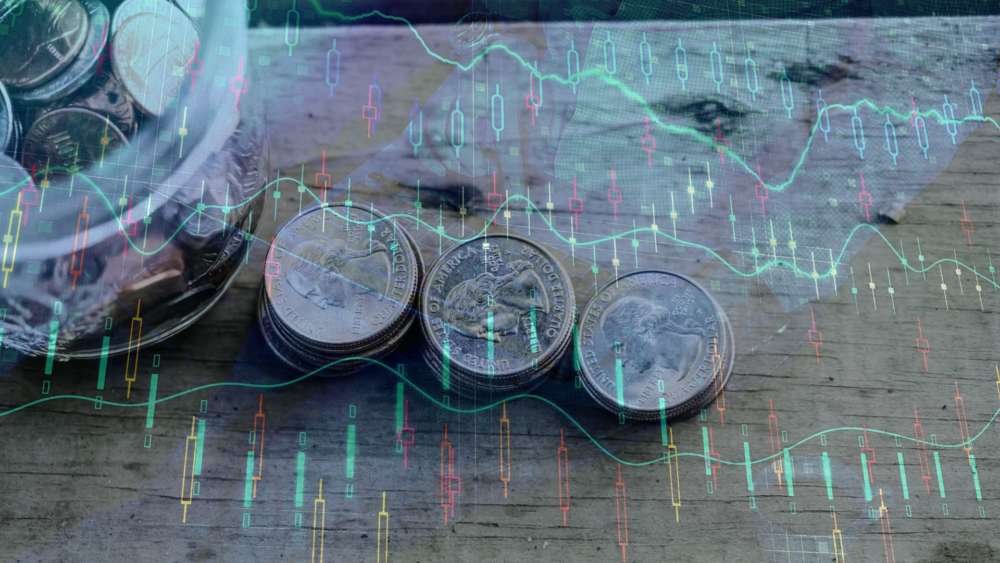Interaction between governments, companies and individuals in post-Covid-19 world will shape the future of responsible investing
Published by linker 5
Posted on July 19, 2020
5 min readLast updated: January 21, 2026

Published by linker 5
Posted on July 19, 2020
5 min readLast updated: January 21, 2026

By Adrie Heinsbroek, Principle Responsible Investment at NN Investment Partners
Covid-19 has disrupted every aspect of human life. This global threat has spurred us to reconsider priorities and heightened the importance of social justice and preservation of the planet. But if it is to be the catalyst that drives change towards a more sustainable world, what role will governments, companies and individuals be required to play? NN IP identifies new ‘unknowns’ that responsible investors will increasingly need to take into account in their decision-making.
Fundamental changes are already underway, as seen in the unprecedented fiscal and financial packages from governments, issuance of social bonds to fund healthcare and employment preservation projects, and companies cancelling dividends and share buybacks to focus on the welfare of their employees and other stakeholders. A second theme to emerge has been the increased urgency to shift to a lower carbon world. It is already clear that corporate adaptability and responsibility helps build this resilience from an investment performance perspective.
Adrie Heinsbroek, Principle Responsible Investment at NN Investment Partners (NN IP), commented: “How a new ‘social contract’ between governments, companies and individuals might play out raises many questions. Investors and asset managers must assess how they should act upon these unknowns and be aware of how flexible they need to be if they are to adapt and tap into these corona-led trends.”
On 15 July 2020, Adrie Heinsbroek was joined by Joseph Stiglitz, Nobel Laureate and former World Bank chief economist, in a digital event to discuss how the actions and interactions of governments, companies and individuals will shape responsible investing in a post-Covid-19 world. This was the second event in NN IP’s UpsideDown series focusing on the world after corona.
Joseph Stiglitz commented: “Covid-19 has created many shocks but it has also accelerated changes that were already underway, especially around how we value economic and commercial success. GDP, for example, is too simplistic a measure and ultimately misleading. A broader set of indicators are needed to accurately capture the value inherent in wellbeing and sustainability in a new multi-stakeholder world.”
The transition towards a more balanced and inclusive economy is both dependent on and steers developments for three key groups. These are governments, companies and individuals and they form a triangle that is not just linked but also mutually dependent. Differences between countries, cultures, economic status and type of government will also affect the speed and direction of change.
How will governments lead?
A major question is how interventionist will governments be in the next decade? The fiscal and monetary support packages enacted to combat the economic fallout from the Covid-19 crisis are unprecedented. But will these packages and government policy be linked to the sustainability agenda, such as climate-change measures and carbon-reduction initiatives? Will governments take this opportunity to make financial support for companies conditional on tackling issues such as social inclusion? Will governments intervene more assertively, using punishment and incentives to steer corporate behaviour? They will also need to collaborate more internationally to meet climate targets and other sustainability goals.
To what extent are corporates able and willing to adopt a multi-stakeholder model?
NN IP believes that within the triangle, companies have the most opportunity to propel change towards a more sustainable economy. The unknowns at a corporate level are driven by the trade-off between a “shareholder first” approach and a multi-stakeholder model. The value of social behaviour – looking after customers and employees rather than investors (via dividends/share buybacks) is one of the most prominent developments to have come out of the pandemic. Will this more sustainable value creation at corporate level become a more permanent trend and continue to be rewarded in the post Covid-19 world? Will companies discard practices that put shareholder interests above those of other stakeholders? If a multi-stakeholder perspective becomes the driver for value creation, NN IP expects non-financial parameters to become a determining factor in assessing and predicting this. Such a change will also affect the role that environmental, social and governance (ESG) factors play in assessing financial value.
Will heightened awareness change individuals behaviour?
The Covid-19 crisis has increased people’s awareness of climate and social issues and the consequences of their behaviour. But will this heightened awareness translate into new patterns of behaviour? Will preferences strengthen for more sustainable products and services, such as organic foods? Will the trends developed during the lockdown, such as healthier lifestyles and less flying, continue? Finally, will sustainability become a privilege just for those who can afford it, posing a threat to a more inclusive global society?
Heinsbroek concludes: “There will be many challenges ahead and differences to address, but there are also elements that connects us. One aspect that has become clear is that effectively assessing value involves taking a broader perspective. Looking beyond financial factors. This will become an increasingly dominant trend in how we measure both economic and societal progress, and as investors we have the means to positively influence it.”
Explore more articles in the Investing category











